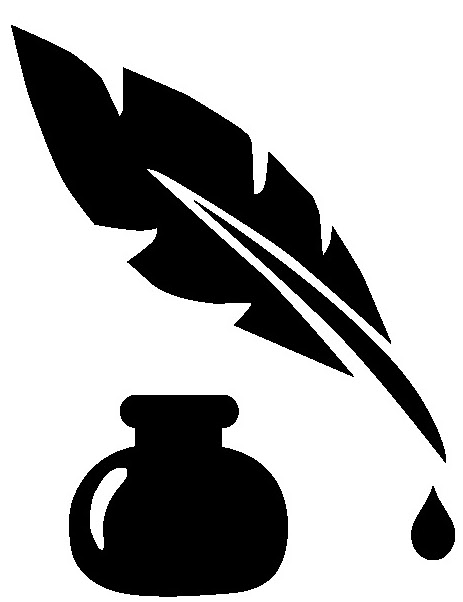Categories and Tags
If you write about a variety of subjects, categories can help your readers find the posts that are most relevant to them. For instance, if you run a consulting business, you may want some of your posts to reflect work you’ve done with previous clients, while having other posts act as informational resources. In this particular case, you can set up 2 categories: one labeled Projects and another labeled Resources. You’d then place your posts in their respective categories.
Categories are accessible from the post editor. There you can create new categories and assign them to your posts.
Tags, on the other hand, allow you to label your posts with relevant topics. For instance, within one of your resource posts you may choose to write about a set of project management tools. While you can certainly create a new category called “Project Management Tools,” you may not plan to write about the topic often enough to justify giving it a dedicated category. Instead, you may want to tag your post with several topics that exists within the post; e.g. project management tools, communication, time tracking, etc.
What’s great about tags is that they are searchable and provide your users another way to find content on your site. Anyone searching for “project management tools” will be able to locate any posts you’ve tagged with those words!
This website makes extensive use of CATEGORIES for arranging and sorting content:
ADMIN: Informative articles created to support readers
BLOGS: Any story or article submitted to our website for publication (excludes Teen Scene)
EDITIONS: One entry for each monthly edition of Cape Fear Voices newspaper that is to be read online
PERSONAL STORIES: A category under BLOGS. Used to group together related stories
STATIC: Special content used throughout the website that is created by the editors and will not change or expire
TEEN: All Teen Scene stories
WRITING AIDS: Groups together all articles used as instructional material to assist authors in writing
Other categories can easily be created to group related content

